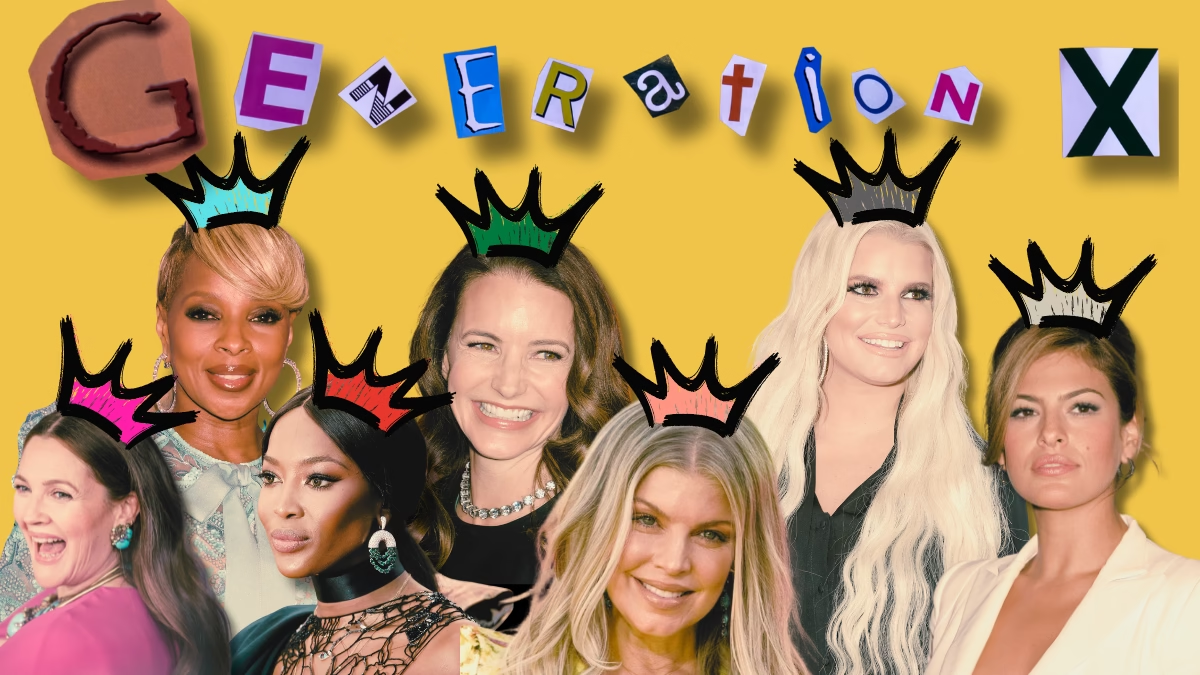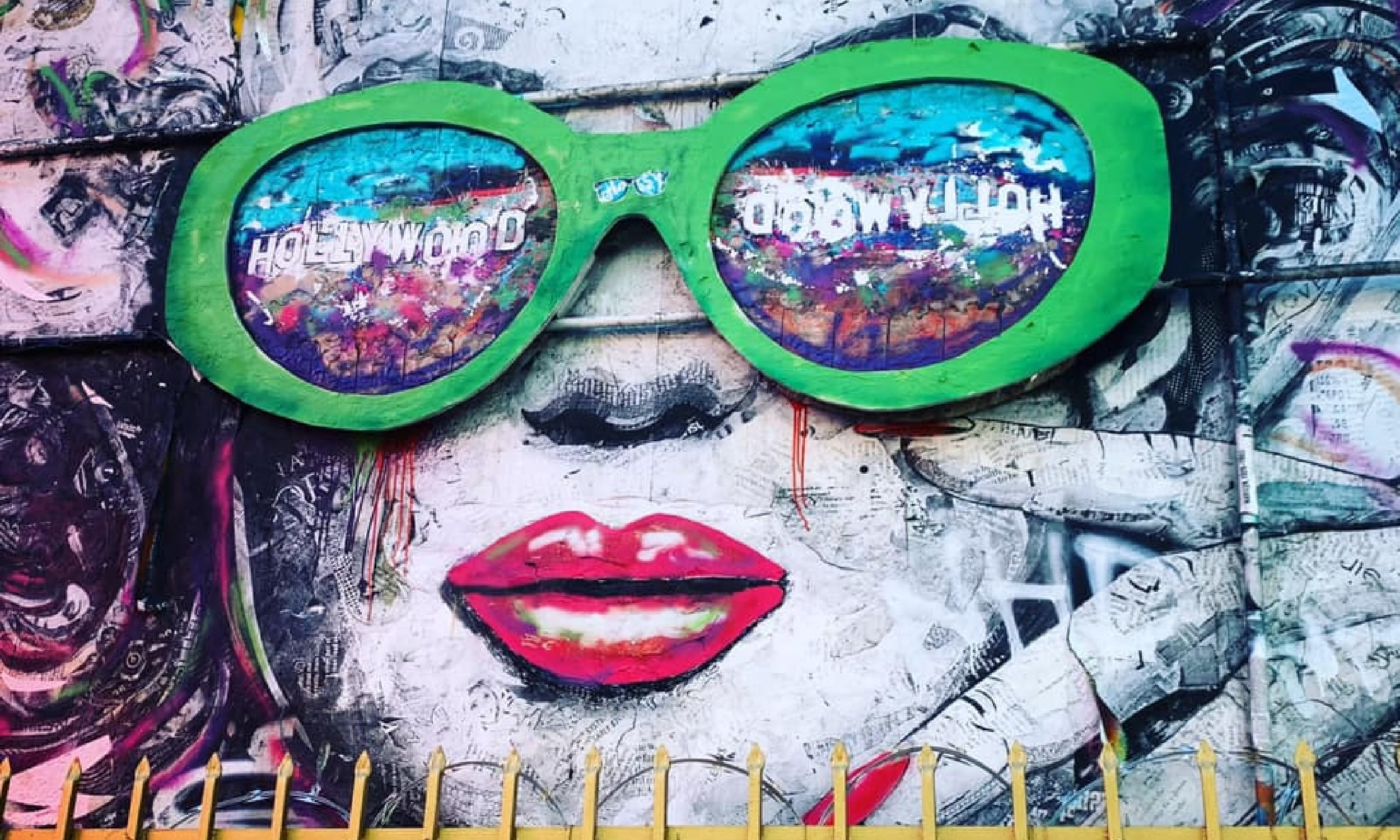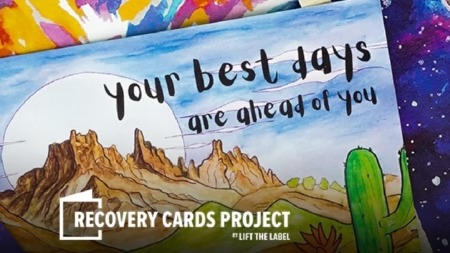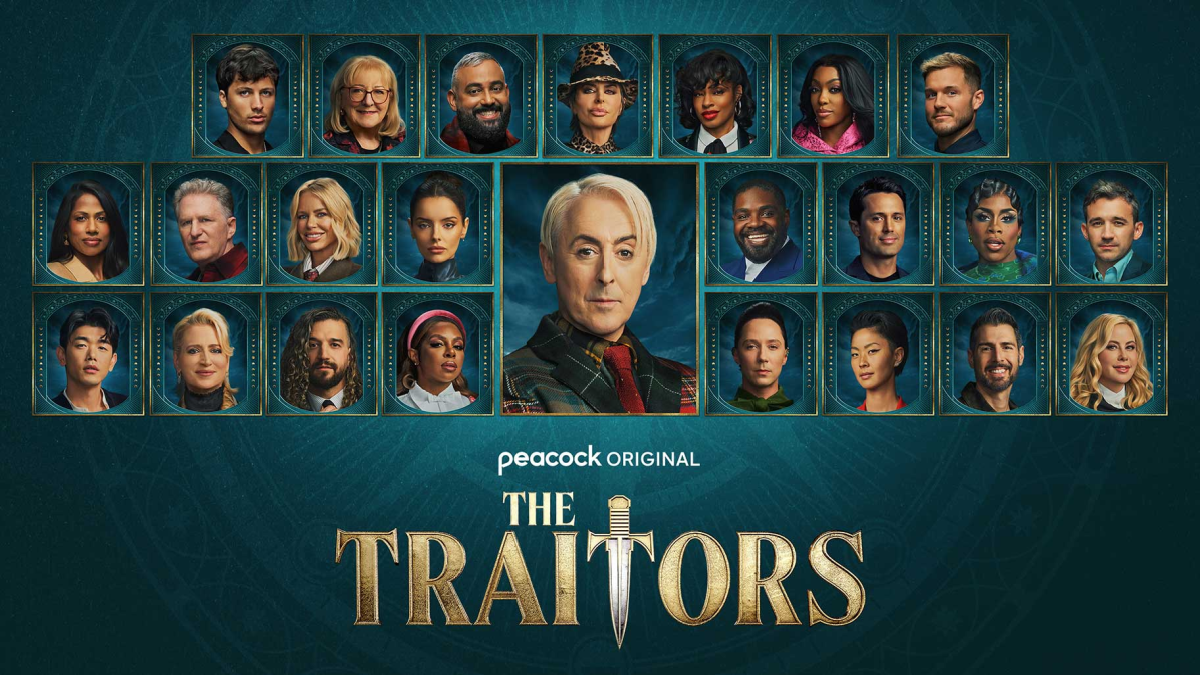
Gen X is now squarely planted in the Queen Age.
That’s 50 million women who were born between 1965 and 1980.
The Queen Age is one of the four significant phases in a woman’s life (maiden, mother, queen, crone). It’s a phase of life where we are no longer bearing children. Menopause is quickly approaching, currently occurring or has passed on by. We are gaining a new sexual awareness, a new sense of freedom in our lives. We’re wiser, more spiritually and emotionally mature, and we have deep life experiences to draw upon. We might have adult or older children, which allows us greater freedom to deep dive into our interests and life purpose.
It’s where we begin to move into sovereignty and begin to own our power and creativity. Where we figure out what to let go of and what to hang onto as we renegotiate boundaries and energies. It can be a powerful stage in a woman’s life if we’re up to the task.
Moving into our Queen Age should be a powerful moment of self-acceptance and self-validation. After all, we were the first generation of women who truly believed we had the right to be heard. We made a valiant attempt to continue the fight against the patriarchy, and we find ourselves fighting daily to not be confined to the box that others want to put us into.
But, as we stand on the precipice of moving into the Queen Age, it’s important to acknowledge we’re also the generation who is unsure of what comes next. Our lives, our responsibilities and our desires look so different from generations that came before us.
Numbing Ourselves to Distraction
It’s uncomfortable to be in a space that is not easily defined, so we find any excuse we can to cover things up. I don’t think it’s a coincidence that a new study released by the National Institute of Health (NIH) confirmed that women in the United States are at an increased risk for binge drinking in middle adulthood.
We live in a world where we’re not supposed to be happy with who we are. We are supposed to live in a constant state of discontent. Where we get stuck in a loop of criticizing or complaining about our bodies, our relationships, our kids or our lack of fulfillment at work.
And in exchange for this general feeling of unhappiness in our lives, we are offered an array of numbing devices such as online shopping, alcohol and Netflix so we can pretend we’re doing something to fill that hole deep inside of us, but it doesn’t work.
One of the most unanticipated outcomes of the NIH study is that the most pronounced increases in binge drinking were among women with high socioeconomic status. But, on further reflection, this also makes sense. Gen X women made up some of the first cohorts for whom attaining higher education and income — both markers associated with increased alcohol usage — are highly prevalent.
We were the generation who was told we could have it all, but now many of us are asking, is that all there is? It’s discouraging to try and settle into self-trust, resolve and power in a world that doesn’t want us to attain any of those things.
Add that to the reality of where we’ve been societally the past few years. The things we’ve been asked to juggle. The slack we’ve had to pick up. The way our lives shrunk during the pandemic and our roles shifted, and many of us are unsure how to get back.
I Get It
Before I got sober seven years ago, at the age of 49, I was lost in my own life. I was highly educated (obtaining both a master’s and a doctoral degree) yet I couldn’t find a career path that resonated or that brought me any kind of work-life balance. At one point I was teaching full time, working on my doctorate part time and had two children under the age of five.
I wish I could write that I was able to figure out a more equitable division of household labor, but all things relating to home and children were placed upon my shoulders. That’s the model both my husband and I were raised with, and we were so stuck, we didn’t know there was any other way.
From the outside it looked like I had achieved the promise held out to me as a Gen Xer. We had the house, the weekend home, the kids, the cars. But inside I was slowly dying. My marriage was in shambles. My identity had been swallowed by the intensity of trying to be everything to everyone else.
I kept myself rushing around so I didn’t have to face what was going on in my own life. At the end of a busy day, I would crash on the couch with a bottle of wine and a bag of potato chips so I didn’t have to feel anything.
I started drinking so I could escape my own life.
The Power of Presence
The past seven years of sobriety have allowed me to fully embrace my Queen Age. There’s a quiet strength that comes when you’re willing to let your emotions and feelings flow through you, instead of desperately clinging onto stories that no longer fit you.
A lot happens during the Queen Age.
It’s not only a time where you have the chance to redefine and reconnect with yourself, but there is so much loss.
This past few years I’ve had to deal with the loss of a promising romantic relationship, the death of my father, the death of my sister-in-law and becoming an empty nester. Not the things I was ready to let go of.
How Can We Rewrite the Script?
I wonder if it’s the fear of the unknown that’s holding us back from stepping into our power. Few of us had role models in our lives who chose to reinvent themselves in their 40s or 50s. Instead, our mother most likely followed the script that was handed to them by their own mother.
We stood by and watched as our mothers fell apart, or whatever ambition they might have had was thwarted. Middle age was viewed as a dead end. Men were allowed to have their “midlife crisis.” But women were expected to buy into the plan. You bought a condo in Boca and waited for the grandchildren to arrive.
We’re not sure what our lives are supposed to look like at this point. And I think that’s okay.
Stacey London refers to Gen Xers as “glass-ceiling breakers,” and I think that once again we’re stepping into the space where we get to redefine our lives in ways that make sense to us, no apologies necessary. We have the chance to rewrite the scripts of middle adulthood that have been handed to us. We have a chance to redefine the female experience of the midlife queen stage.
I celebrated my 56th birthday last week with 14 of my close friends. As I looked around the room I couldn’t help but be in awe of the women that surrounded me. I see them reinventing themselves on a daily basis.
One woman recently solo traveled in India for six weeks. Another completed a solo kayaking trip. Some are building their second or third careers. Some of them are gracefully raising children who are LGBTQIA+. Some are grandparents and are working on fitting their grandchildren into their lives instead of making them the center of their lives. Some of them meet me on the ice twice a week to play hockey, a game we love so much.
We all are allowing ourselves to be seen as we are, not as the way someone else expects us to be seen.
I am already powerful the way I am. And maybe not powerful in a worldwide stage sense, but I am powerful in my own life.
Your Turn
As you move through the Queen Age, you have a new story to work on too. One that is really about you.
How are you going to heal?
How are you going to move forward?
How are you going to break patterns and habits?
What new things do you want in your life?
What if you chose not to numb and distract, but instead embraced and experienced?
That’s what this part of the story is really about. It’s a lot of hard work. It’s a lot of time spent with feelings and thoughts you might not want to sit with — all those things that make you uncomfortable.
This discomfort is the exact place where the queen will arise.
By (NEW) Sober Curator Contributor: Krysty Krywko, Follow on IG @purpledogsober and her website purpledogsober.com
Sober and Hot Flashing: How Gen X Women Are Owning Menopause – The Sober Curator Podcast
🎤 Confirmed Sober Gen X Women (1965–1980)
| Name | Birth Year | Sobriety / Recovery Notes |
|---|
| Sia | 1975 | 13+ years sober; credits 12-step programs and therapy. |
| Fergie (Stacy Ann Ferguson) | 1975 | Clean from meth since early 2000s; 20+ years sober. |
| Naomi Campbell | 1970 | Entered rehab in 1999; credits meetings for long-term sobriety. |
| Drew Barrymore | 1975 | Quit drinking in 2019; 4+ years sober. |
| Jessica Simpson | 1980 | Alcohol-free since Nov. 2017 (fits Gen X by cutoff year). |
| Eva Mendes | 1974 | Entered rehab in 2008; 17 years sober in 2025. |
| Davina McCall | 1967 | Overcame heroin/alcohol addiction in early 20s; long-term recovery. |
| Patsy Palmer | 1972 | Sober since around 2004 after drugs/alcohol struggles. |
| Mary J. Blige | 1971 | Stopped cocaine in late 1990s; now also alcohol-free; credits therapy and faith. |

CURATED CRAFTS: The Radical Sketchbooking Collective & Starter Kit by @PurpleDogSober

SOBER POP CULTURE + CELEBS at The Sober Curator is where mainstream trends meet the vibrant world of sobriety. We serve up a mix of movie, podcast, fashion, and book recommendations alongside alcohol-free cocktails, celebrity features, and pop culture buzz—all with a sober twist.
We’re here to shatter the “sobriety is boring” myth with a mash-up of 80s neon, 90s hip-hop edge, early 2000s bling, and today’s hottest trends. From celebrity shoutouts to red-carpet style inspo, this is where sober is as chic as it is fun. To the celebs using their platform for good—our Sober Pop Trucker hats are off to you!
A Disco Ball is Hundreds of Pieces of Broken Glass, Put Together to Make a Magical Ball of Light. You are NOT Broken, Friend. You are a DISCO BALL!

Resources Are Available
If you or someone you know is experiencing difficulties surrounding alcoholism, addiction, or mental illness, please reach out and ask for help. People everywhere can and want to help; you just have to know where to look. And continue to look until you find what works for you. Click here for a list of regional and national resources.






